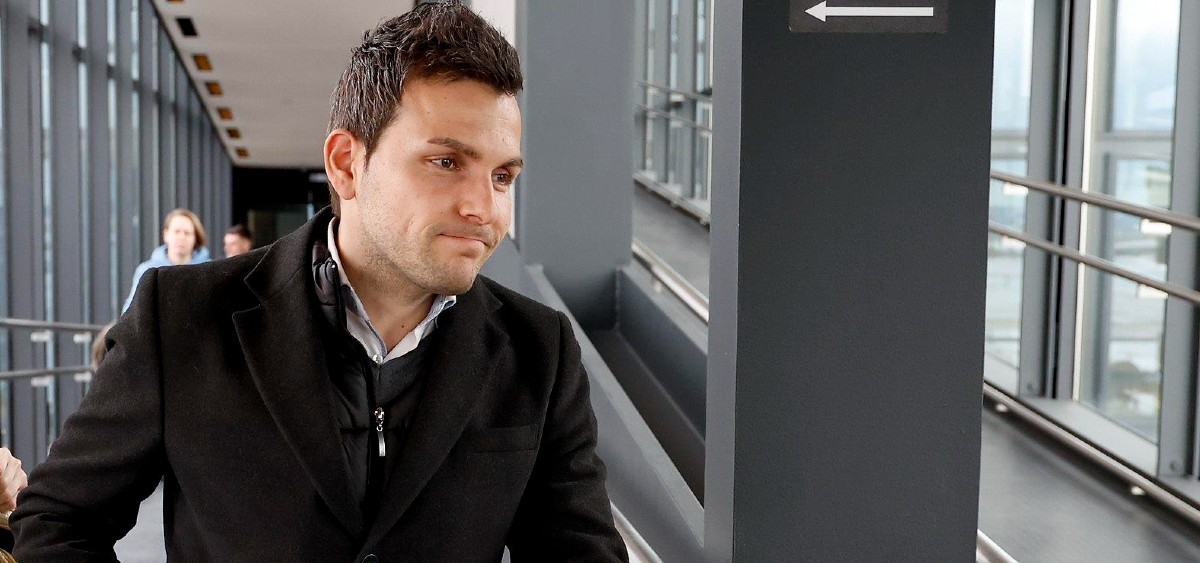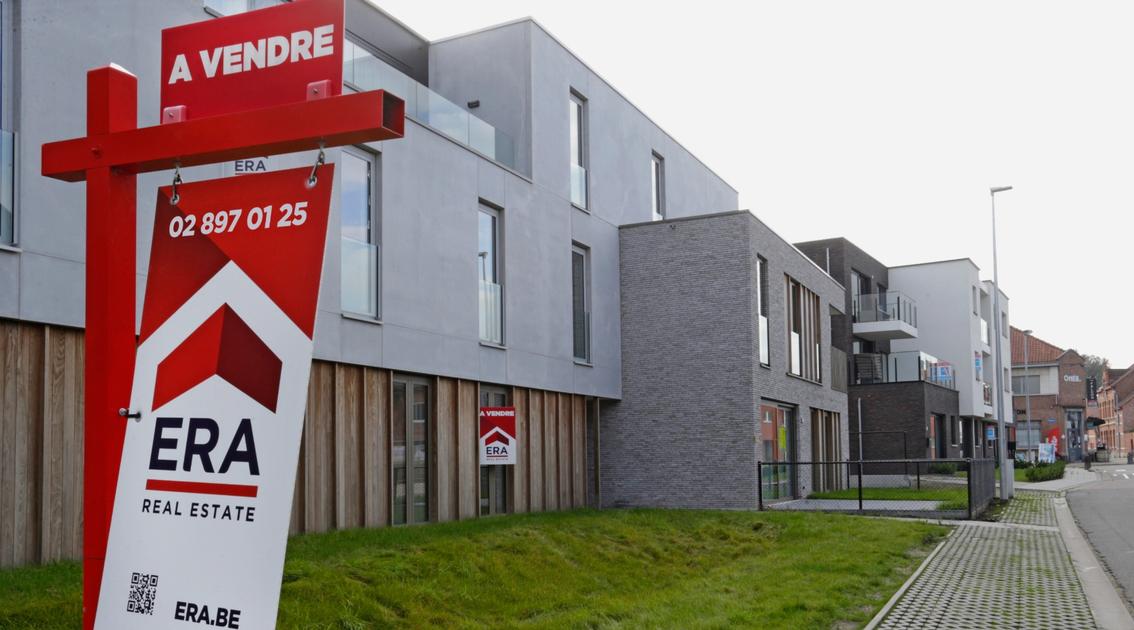The price of an apartment in Brussels is expected to rise by an average of about 2 percent in 2023. This is clear from the ERA measure. But this average hides large differences.
The annual national price barometer of ERA, Belgium's largest real estate agent network, also examined apartment development in Brussels for the first time. The real estate market in Brussels is different from anywhere else. Apartments represent about two-thirds of the market in the region, compared to houses, which represent one-third. On the other hand, in Flanders and Wallonia, the weight of houses is much greater.
Apartment prices in Brussels rose by an average of 2 percent last year compared to 2022, according to ERA. This is in line with the development of apartment prices in Flanders.
Therefore, prices continue to rise, despite the significant headwinds experienced in the real estate market in the past year. Mortgage interest rates rose sharply due to the European Central Bank's interest rate policy, which was bad news for potential buyers. Many households still face inflation fears, as they did in 2022, and geopolitical turmoil creates uncertainty.
All of this has also led to a slowdown in the Brussels property market, with properties remaining for sale for weeks and sometimes months longer than before. But this slower pace has not led to an overall decline in prices, or to the disappointment of potential buyers. Some consolation: apartment prices have risen by half compared to general inflation (about 4 percent in 2023).
Mutual differences
ERA notes that apartments in Brussels vary greatly in price. Obviously, location plays a role. Latest figures from statistics agency Statbel show that Sint-Pieters-Woluwe The most expensive municipality of Brussels For apartments, the average price is 352,500 euros. Ixelles and Uccle follow. The lowest prices can be found in Anderlecht (€200,000), Gunshorn and Sint Jans-Molenbeek.
When riots or other disturbances appear in the news in some neighborhoods, it affects the entire municipality. “This applies to Borgerhout in Antwerp as much as it applies to, say, Molenbeek or Anderlecht,” says Johan Kriegsman, CEO of ERA Belgium. “But these are temporary effects that will fade.”
What about the renewed discussions about flight paths at Zaventem Airport? “Not all potential buyers follow all developments closely. But what we see: If the aircraft is clearly audible during the visit, this has a downward impact on the sale price.”
New construction
Old, poorly insulated apartments are significantly less popular on the market than ready-to-use properties that meet modern energy efficiency requirements. High renovation costs deter many potential buyers. Obviously you don't have to bear such costs with new construction, but in this sector prices rise significantly.
Another price index, the New Construction Barometer from neighborhood developer Matexi and real estate data platform Real, shows that the price of a standard new-build apartment (95 square metres, two bedrooms) in Brussels rose by 8 percent in one year, to €381,685. This means that prices for new construction in Brussels are rising much faster than in Flanders and Wallonia.
Outdoor space required. “During the Corona pandemic, the balcony and garden have gained great value among apartment owners. This is also reflected in the price,” says ERA. Another distinctive criterion: the number of bedrooms. Sellers who can offer more than two bedrooms have the potential to get a good additional price, because that is what many potential buyers are looking for.
'No price drop in sight'
What does the future hold? “I don't have a crystal ball, but nothing indicates lower prices,” Krigsman answers. “The expected interest rate cuts will boost demand, but you should not forget that there is already more demand than supply in Brussels.”

“Total coffee specialist. Hardcore reader. Incurable music scholar. Web guru. Freelance troublemaker. Problem solver. Travel trailblazer.”

:format(jpeg):fill(f8f8f8,true)/s3/static.nrc.nl/bvhw/wp-content/blogs.dir/114/files/2021/11/trujilo-vierkant.png)





More Stories
European stock markets are expected to open lower.
Bosman transfers the company to the Finns.
Belgian businessman saves Flemish stores from collapsing fashion chain Scotch & Soda